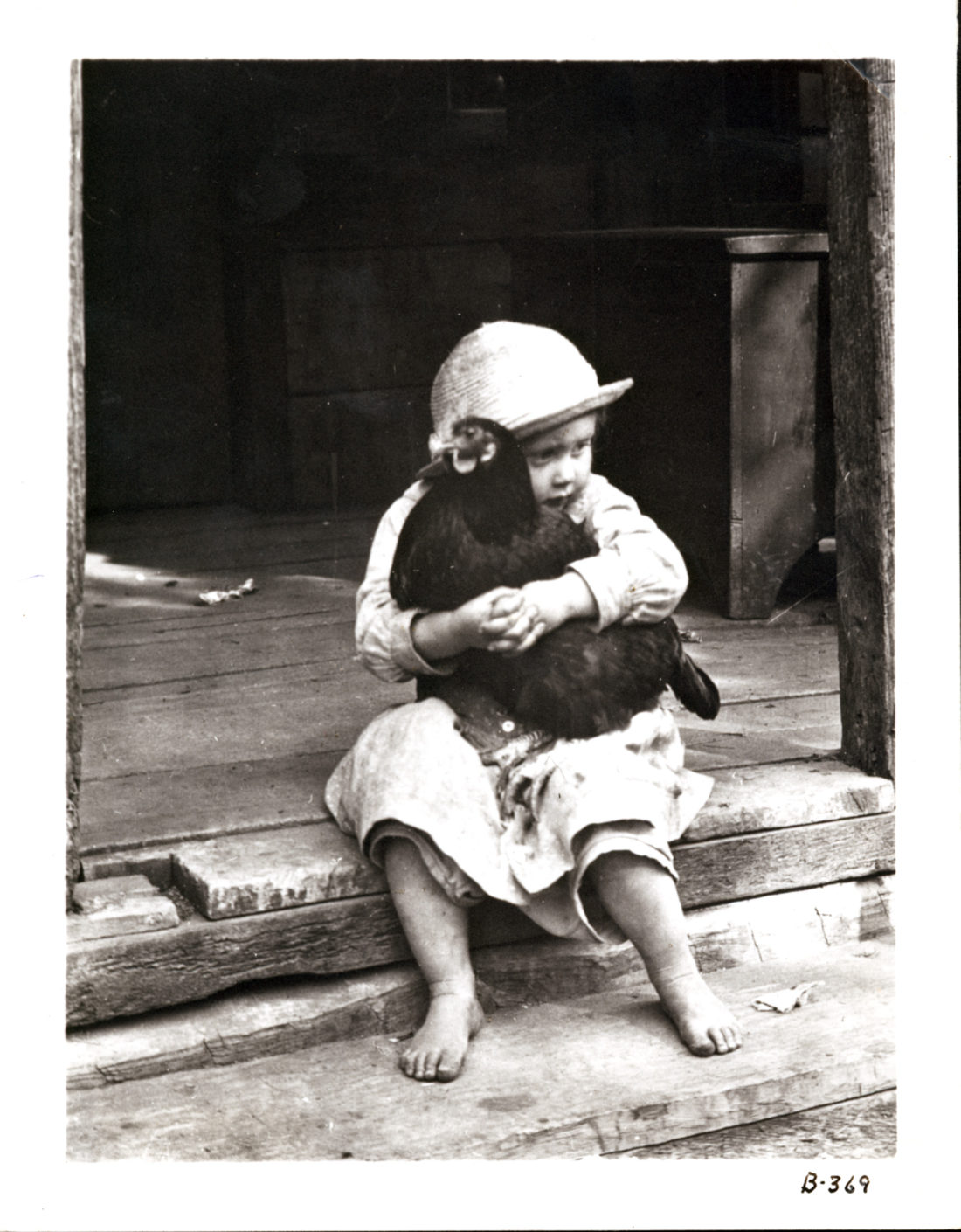On April 20, 1912, The Asheville Gazette reported: “An interesting case is to be heard in Police court Tuesday and one in which the results may have far reaching effects, since any decision will likely be in the nature of a precedent.”
City resident and boardinghouse operator Carrie Carr Mitchell claimed her neighbor E.C. Dewey‘s rooster continuously crowed throughout the late evening and early morning hours, leaving Mitchell and her boarders agitated and sleep-deprived. The Sunday Citizen reported that the complainant wanted the creature “condemned to death,” arguing “a city is no place for such a rooster as Mr. Dewey owns. ”
Dewey denied the accusation, insisting his bird retired at a reasonable hour. He also praised the “peaceful and dignified habits” of his fowl, insisting when it did crow, it was “expressing his opinions on topics of the day in a pretty voice[.]”
On April 23, 1912, the case was heard. According to The Asheville Gazette, Dewey’s lawyer W.H. Daniel contested that if his client’s rooster was banned, all other city roosters would soon follow. “[W]hat is a chicken yard without a rooster, and whoever heard of a rooster that would not take advantage of his inalienable right to crow at his own discretion?” the paper read, paraphrasing Daniel’s closing remarks.
Meanwhile, Mitchell’s lawyer Charles A. Webb argued that a raucous rooster threatened Asheville’s appeal as a health resort. “[I]f the news goes abroad that the city allows roosters to crow indiscriminately, thus disturbing the sick who come here, it would be a dire calamity and presently there will be no more sick people coming here,” the paper reported, paraphrasing Webb’s closing remarks.
Dewey was found not guilty of maintaining a public nuisance. The following day’s headline in The Asheville Citizen declared, “Rooster has right to crow if he wants to.”
Following the court case, debate over city roosters lay dormant for some time. But in the summer of 1923, the issue was back in local print. Similar to the 1912 court case, residents who opposed roosters in 1923 asserted that the early morning crows impacted not only sleep but business, threatening the viability of many boardinghouses.
On July 13, The Asheville Citizen reported that “[roosters’] lives are in danger and they face the situation of becoming outlaws in the city, unless some one conceives a method that will cause them to cease exercising their vocal cords[.]”
The article continued with comments from city health officer Dr. D.E. Sevier, who speculated over possible surgeries that might silence the animal. The suggestion created quite the outrage.
On July 15, The Sunday Citizen quoted an unnamed man who claimed to represent a number of the city’s residents. He lampooned those who opposed roosters and denounced Sevier’s suggestion, decrying: “[I]f roosters are to be de-vocalized why should not the hens be un-cacklized by a like-process? Is the male sex no longer to have rights — is this banishment proposal merely an extreme manifestation of the feminist movement?”
On July 17, in a letter to the editor, another pro-rooster advocate condemned the perceived hypocrisy of the opposing side’s argument, stating: “I wonder how many of the ‘objecting taxpayers’ behind this movement, drive their automobiles with the cut-outs open, keep dogs or ‘bedevil’ the neighbors by running the jazzy Victrolas and piano players until midnight?”
Two days later, a resident responded to this specific criticism, writing in the paper: “This isn’t a question, as some people think, of lessening the noises of a city. These noises are not city noises. They are country noises, which have been imported to the city.”
By August, debate ceased from print. There are no subsequent articles to suggest local government proposed banning roosters from the city that year.
Sue McMullen, Animal Services supervisor, believes it was not until 2005 that ordinances were officially enacted banning roosters from the city. Chapter 3, Article IV of the ordinance reads: “Roosters are expressly prohibited unless associated with a lawfully established, nonconforming use. Roosters previously permitted by the city are grandfathered for the life of the rooster so long as the owner of the rooster maintains compliance with this chapter and the rooster does not create a public nuisance.”
Editor’s note: Peculiarities of spelling and punctuation are preserved from the original documents.




Before you comment
The comments section is here to provide a platform for civil dialogue on the issues we face together as a local community. Xpress is committed to offering this platform for all voices, but when the tone of the discussion gets nasty or strays off topic, we believe many people choose not to participate. Xpress editors are determined to moderate comments to ensure a constructive interchange is maintained. All comments judged not to be in keeping with the spirit of civil discourse will be removed and repeat violators will be banned. See here for our terms of service. Thank you for being part of this effort to promote respectful discussion.